The Conference on Reviewing 6 Years of Implementing the 2016 Press Law, in conjunction with 10 Articles on Professional Ethics of Vietnamese Journalists, Rules for Using Social Networks of Vietnamese Journalists for Associations at all levels, press agencies in the Central and Central Highlands regions, organized by the Vietnam Journalists Association, was a great success. Many issues were raised and proposed by leaders of local Associations and press agencies to remove difficulties in implementing the Law and regulations on professional ethics of journalists, aiming to build a green, healthy, positive press, worthy of the trust of the Party, State and People in the Revolutionary Press and the team of journalists.
Many new problems arise in professional activities.
In-depth analysis and discussion of existing issues in press law and policies, difficulties and obstacles in implementing professional ethics for journalists and members is an urgent requirement in the life of journalism and the team of journalists. Especially in the current context, many new issues have arisen and the Press Law has not kept up with the adjustments, becoming "obstacles" in the activities of the Association and press work. " In the face of rapid change, the Press Law needs to change to keep up with the new situation. The current working methods and organization of press publications are very different from those of 2016, causing the Law to become outdated and unable to keep up with emerging issues of professional ethics for journalists..." - Mr. Nguyen Duc Loi emphasized.
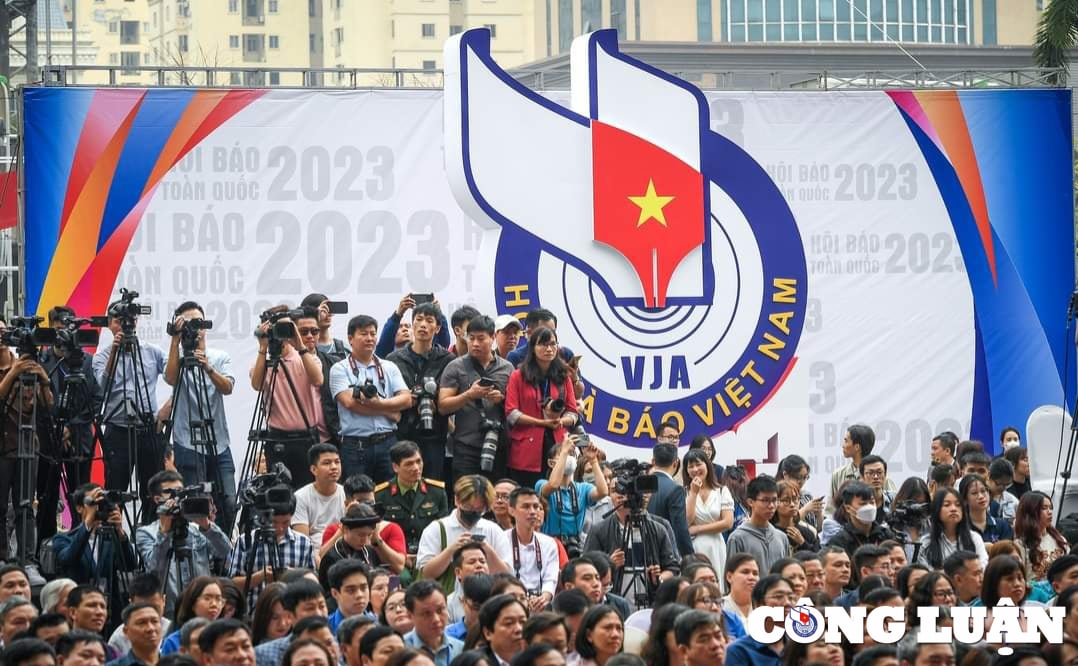
The early amendment of the Press Law will help press activities and Association activities become more favorable.
Not only that, in the current era of information technology development, social networks have truly become a very important factor in social life. Journalist Hoang Ngoc Sy - Permanent Vice President of Quang Tri Journalists Association said that although Article 5, Decision No. 483/2016 of Vietnam Journalists Association stipulates the professional ethics of Vietnamese journalists, "Standards and responsibilities when participating in social networks and other media", in reality, recently a few reporters and journalists working in media and press agencies have used social networks to share information, use articles posted on personal pages, and interact with other fanpages to provide misleading information, lack of orientation, provide negative information, lack of constructive spirit, stereotype issues, use non-standard words, cause information interference, and lose the people's trust in some individuals, organizations, and state management agencies. In other words, the social media environment always contains complexities because if not managed well, this is also a place for negative elements, bad thoughts, and distorted views to use as a means to spread anti-country ideology.
Not only that, the implementation of the Press Law and regulations on professional ethics still has many problems that need to be comprehensively revised to meet the requirements of press development in the coming period, such as: Subjects of establishing press agencies; Tasks and responsibilities of press management agencies; The distinction between newspapers and magazines; Activities of representative offices and resident reporters; Working activities of reporters; Regulations on handling violations and revoking licenses; Press association activities... At the same time, there are new issues arising when implementing the 10 Articles on professional ethics and the Rules for using social networks that need to be updated, revised and supplemented to help members - journalists more clearly identify the social responsibilities and obligations of members - journalists when working and participating in social networks, and at the same time help the Council for handling violations of professional ethics of journalists at all levels as a reference, as a basis for handling violations in practice.
Must "tighten discipline"...
It is undeniable that, on the part of the Provincial and Municipal Journalists Associations, press agencies from the central to local levels, in recent times have made continuous efforts to organize activities to disseminate and educate members to uphold their responsibilities, strictly implement the Press Law, and the professional ethics of journalists. The Association established a Council for handling violations of professional ethics, including members who are leaders of the Journalists Association, the Provincial Party Committee's Propaganda Department, the Department of Information and Communications, and press agencies, to draft and promulgate the Council's operating regulations.
Based on the 10 Articles regulating the professional ethics of journalists, press agencies in many places have applied them into the Working Process of reporters and editors, the Process of production, broadcasting, and management of program content and press works with very specific and practical content.
Many agencies have very strict regulations when working such as: must follow the topics approved by the leaders, if there are any problems, must ask for the leaders' opinions, must follow the Press Law, especially the prohibited acts in Article 9 of the Law, must not extort, harass, take advantage of, make it difficult for individuals, organizations, have the responsibility to maintain and enhance the reputation and image of the agency and individuals. If there are violations, they will be considered for disciplinary action depending on the nature, level, and violation.
In addition, the Association implements the coordination regulations on directing and managing the press in the area. Every month, the Provincial Party Committee's Propaganda Department coordinates with the Department of Information and Communications and the Provincial Journalists Association to organize press meetings to review and evaluate the information and propaganda work of the month, dialogue, answer questions of interest to the press and promptly contribute ideas, criticize and correct violations of professional ethics...
In the current new situation, especially on February 28, 2023, the Secretariat issued Regulation No. 101 regulating the responsibilities, powers, and appointment, dismissal, reward and discipline of leaders of press agencies. Compared with Decision No. 75 dated August 21, 2007 of the Secretariat, Regulation No. 101 has many new points. Therefore, according to Mr. Do Cong Dinh - Deputy Editor-in-Chief of Thanh Tra newspaper, it is necessary to quickly concretize Regulation 101 for implementation in life to enhance the responsibility of press management agencies, press management agencies, and heads of press agencies in cases where press agencies commit many violations.
Particularly on the issue of amending the Press Law, Mr. Do Cong Dinh also suggested: “ From a legal perspective, the Press Law currently has many shortcomings. The concepts of “newspaperization of magazines” and “privatization” of newspapers have not been specified in the provisions of the law on the press, so handling them is difficult. The provisions on association in press activities in Article 37 of the Press Law are also general, only limited to the scope of the contents and fields that can be associated, without specific regulations on the form of association; requirements on conditions and capacity of the associated partner, the process and procedures for association, etc.
In response to practical demands, it is necessary to promptly and comprehensively amend the Press Law, including defining newspapers and magazines; institutionalizing the concept of “newspaperization”; clearly defining the responsibilities of press agencies; requirements on conditions, capacity, cooperation plans and commitments of affiliated partners; detailed regulations on forms, processes and procedures for cooperation in press activities. In addition, it is necessary to specifically stipulate the tasks and responsibilities of press management agencies; operational activities of reporters and journalists; regulations on handling violations, revoking licenses, etc.
While waiting for the amendment of the Press Law, it is necessary to have a Government decree and regulations of the Ministry of Information and Communications to continue to strictly handle violations in press activities. In addition, it is thought that the Ministry of Information and Communications needs to have guidelines and regulations to determine the rate of news and articles posted/month by press agencies to properly serve the functions and purposes; the remaining content must ensure political, life, economic and social information in accordance with the provisions of law...".
In short, the 2016 Press Law has revealed a number of shortcomings that need to be overcome and amended. In the context of the development of the information society, in addition to the mainstream press, there are many other "flows" of information, especially information on social networks that legal documents will not be able to regulate in time. Therefore, it is necessary to build a legal environment for the digital era press and media with better mechanisms, appropriate solutions in press and media management policies, and continue to tighten discipline in the digital media environment in a timely and effective manner...
Ha Van
Source





![[Photo] Relatives of victims of the earthquake in Myanmar were moved and grateful to the rescue team of the Vietnamese Ministry of National Defense.](https://vstatic.vietnam.vn/vietnam/resource/IMAGE/2025/4/2/aa6a37e9b59543dfb0ddc7f44162a7a7)
![[Photo] Third meeting of the Organizing Subcommittee serving the 14th National Party Congress](https://vstatic.vietnam.vn/vietnam/resource/IMAGE/2025/4/2/3f342a185e714df58aad8c0fc08e4af2)

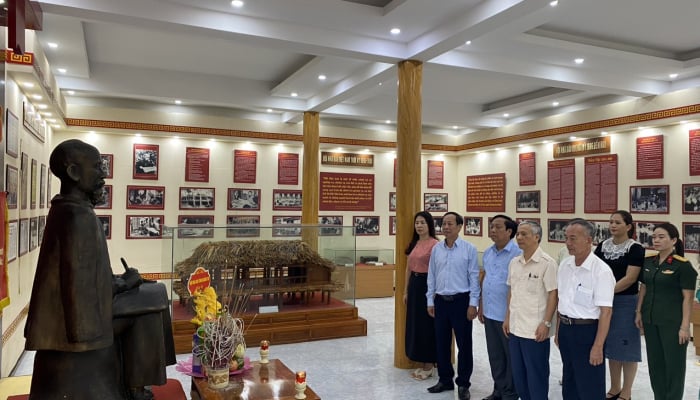
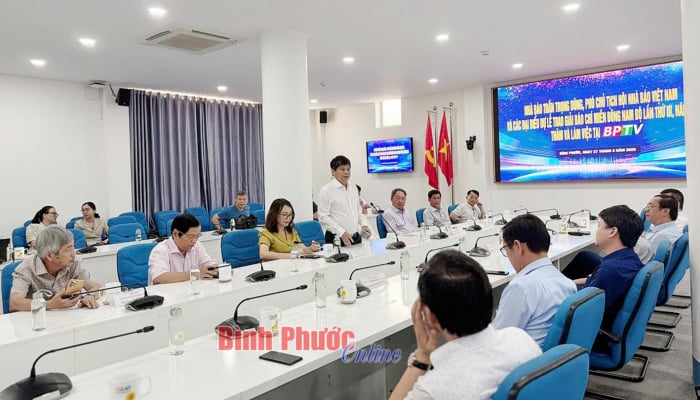
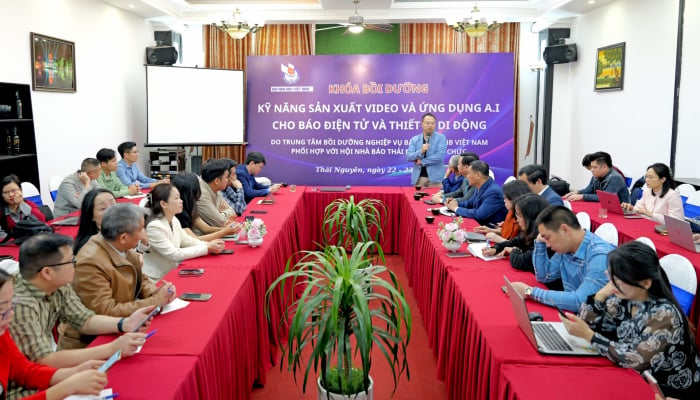
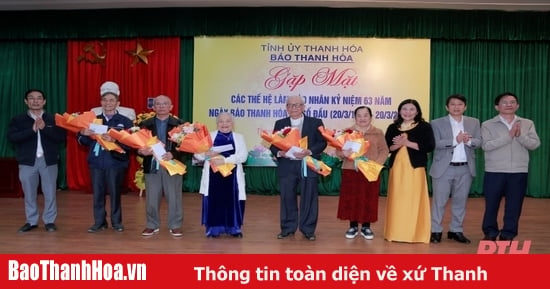

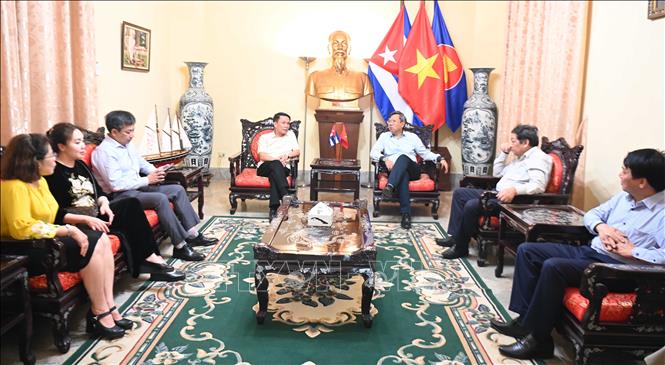
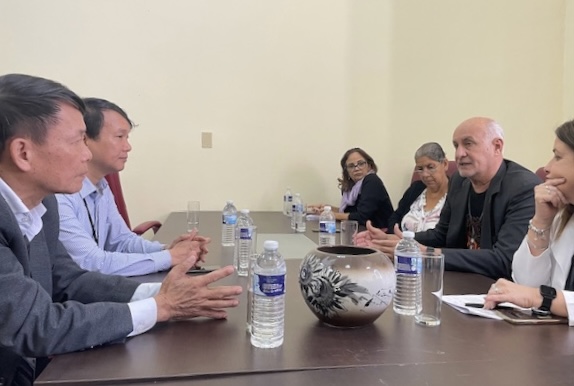
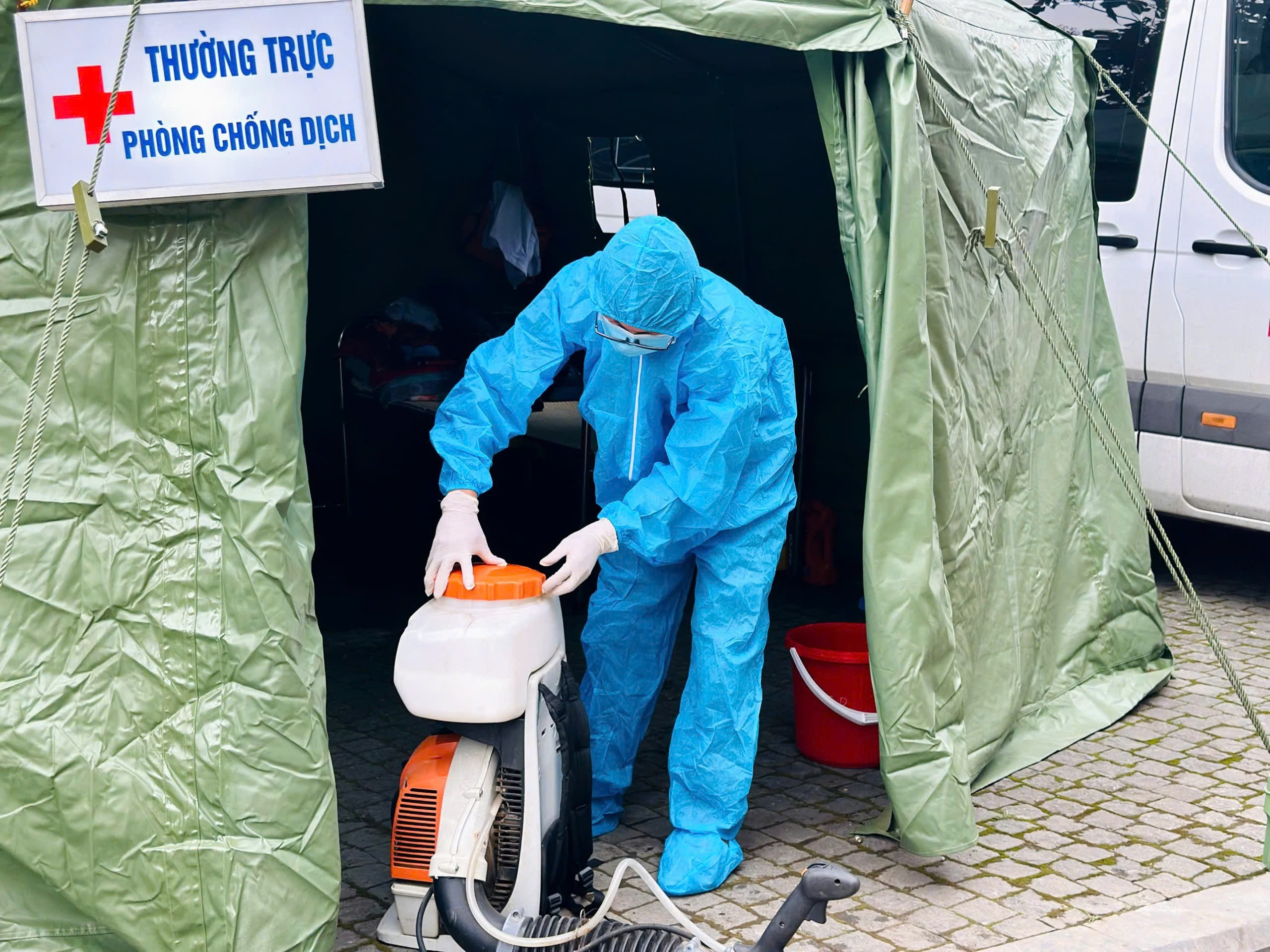

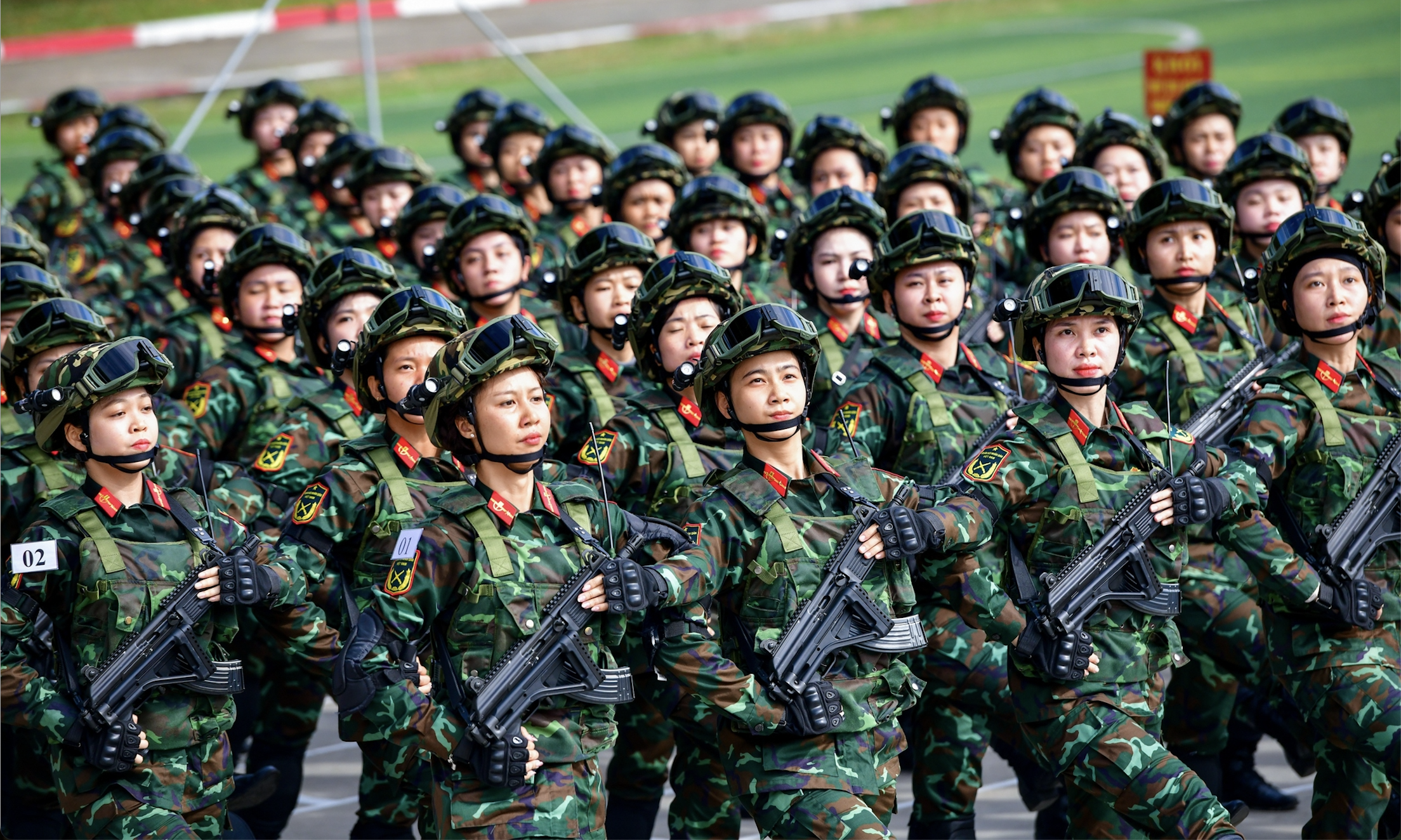
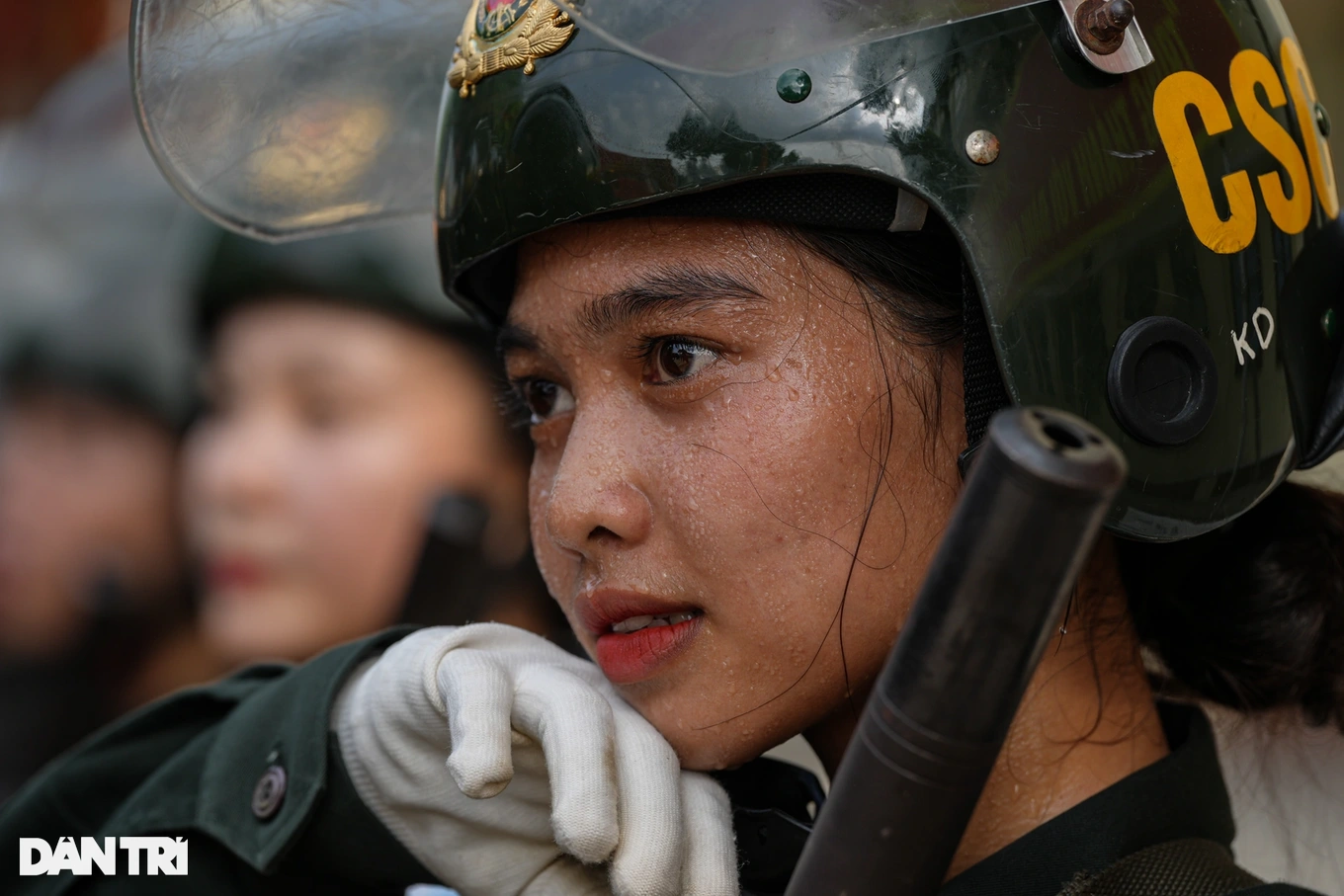
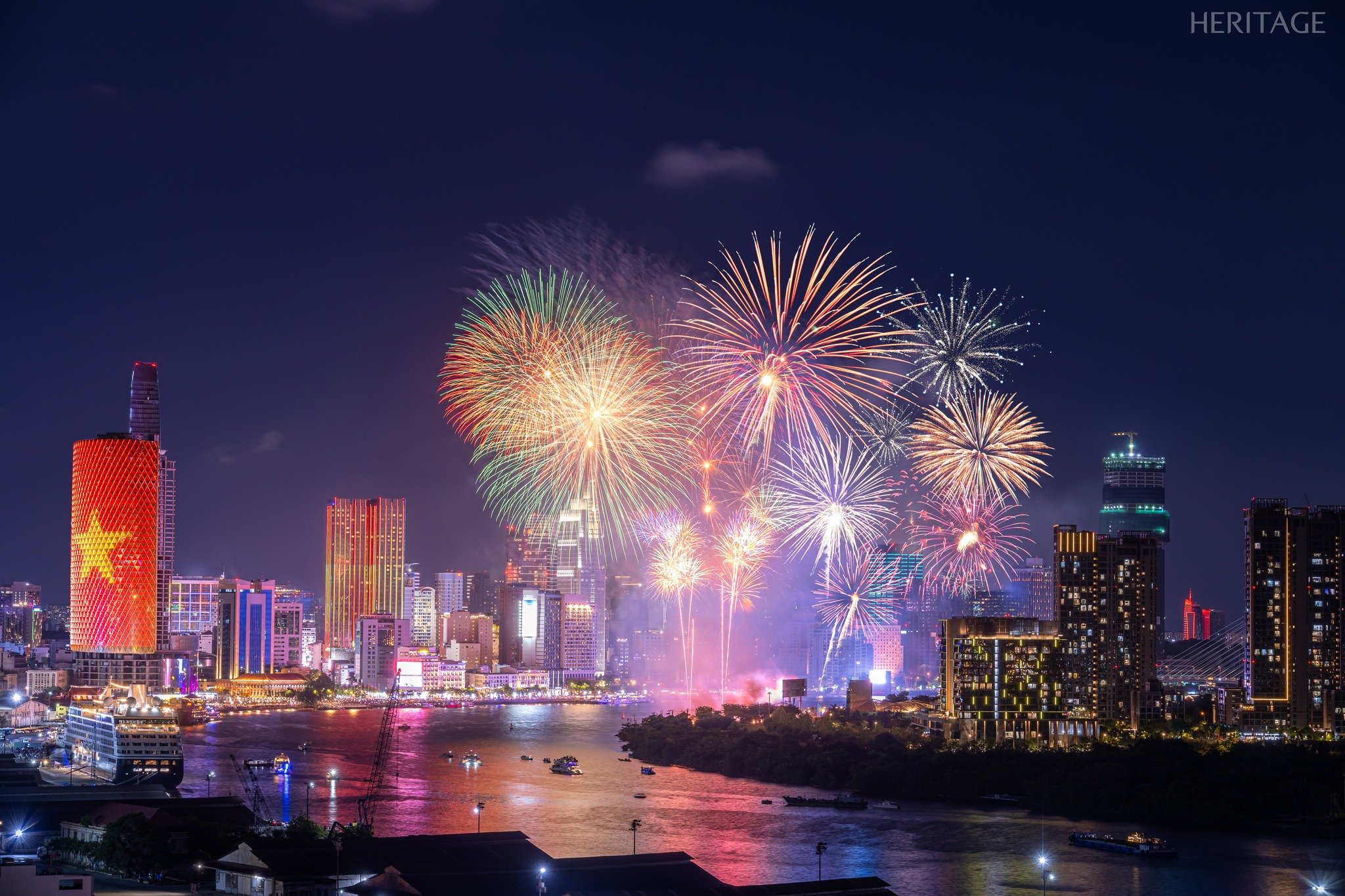






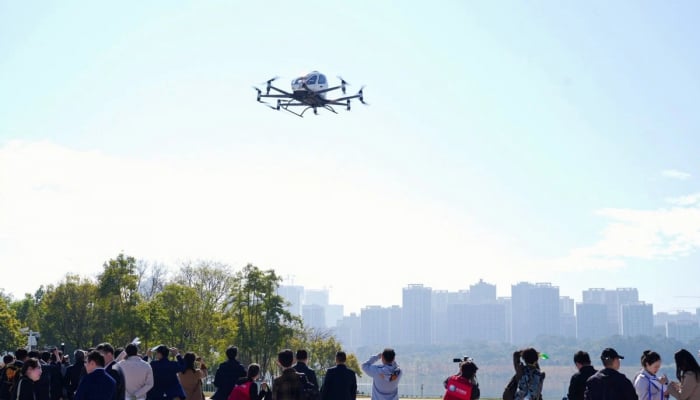
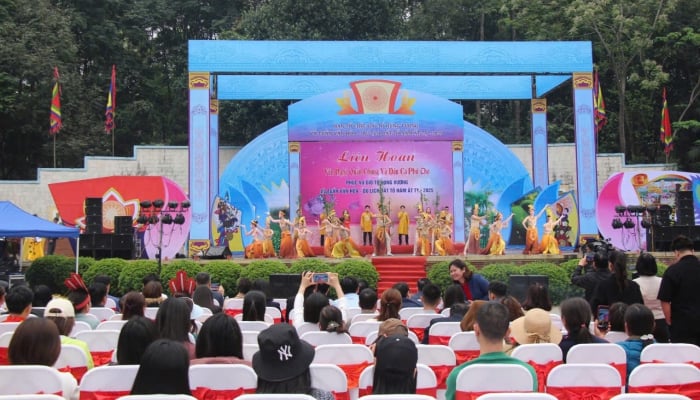
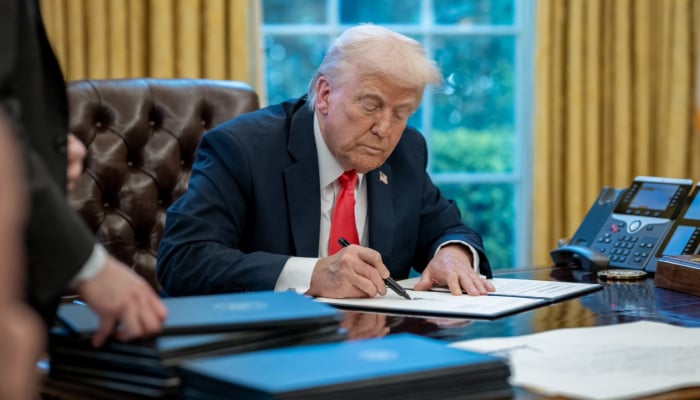












































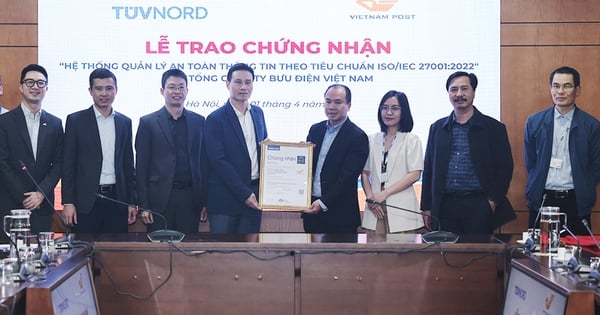

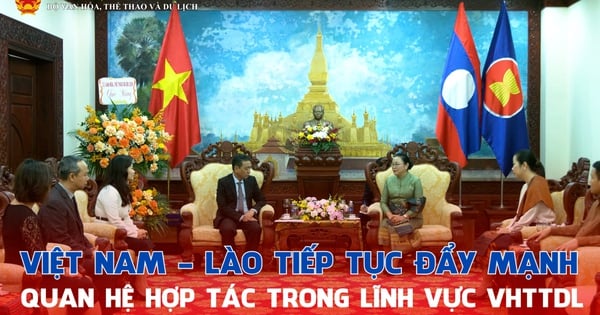



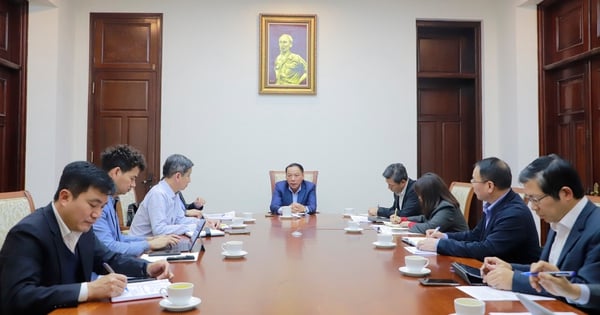
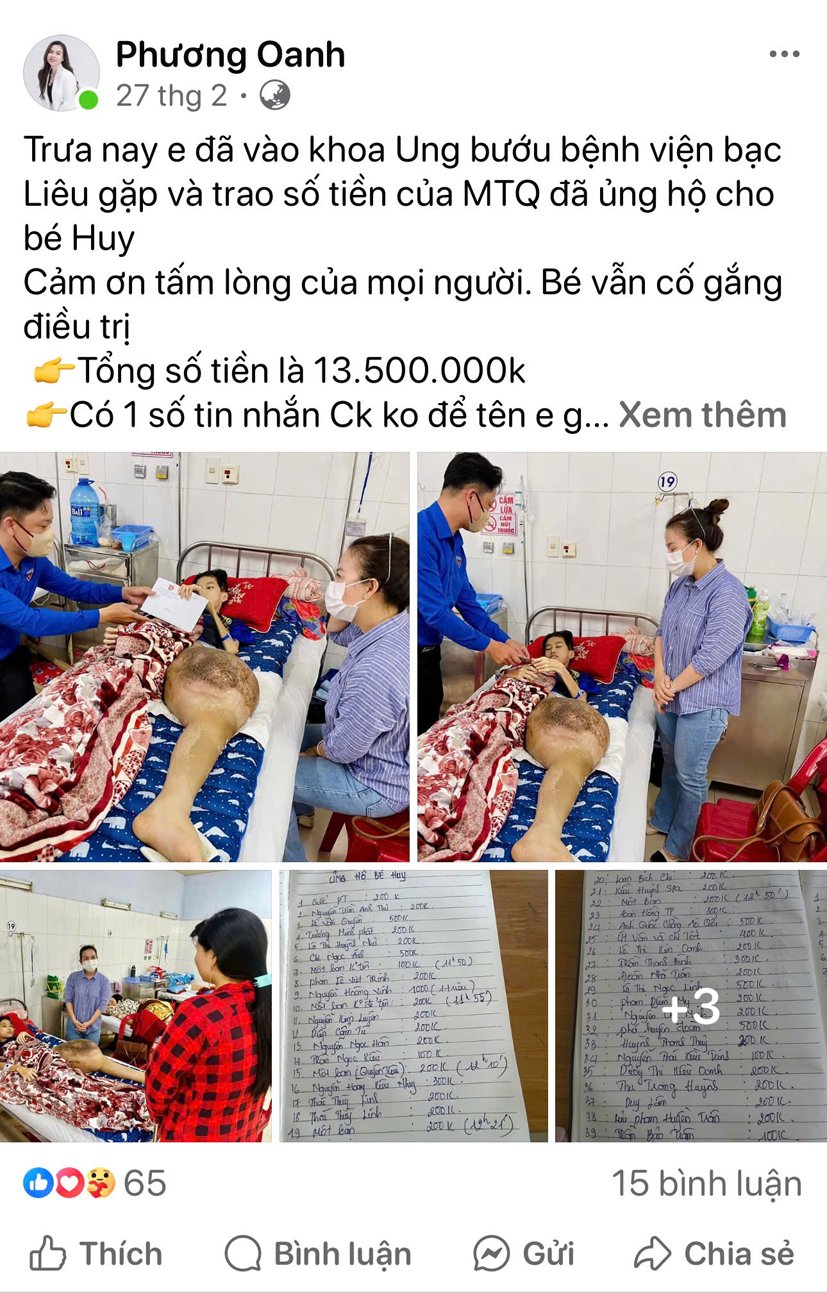
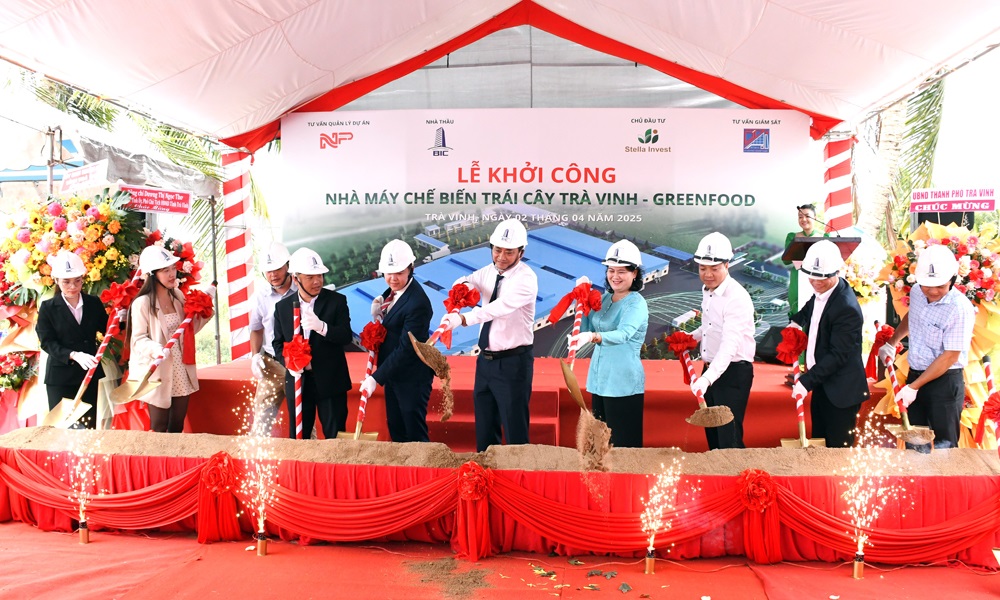

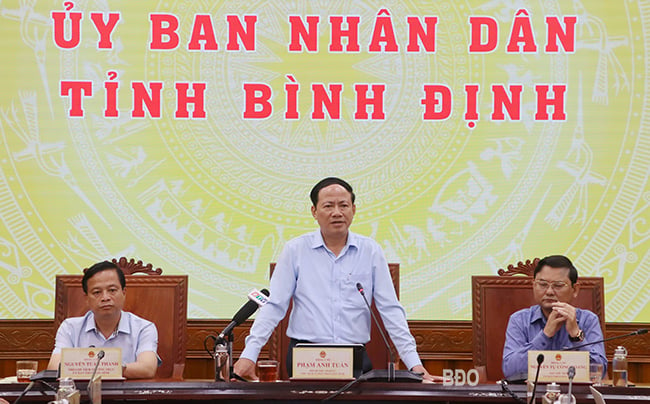
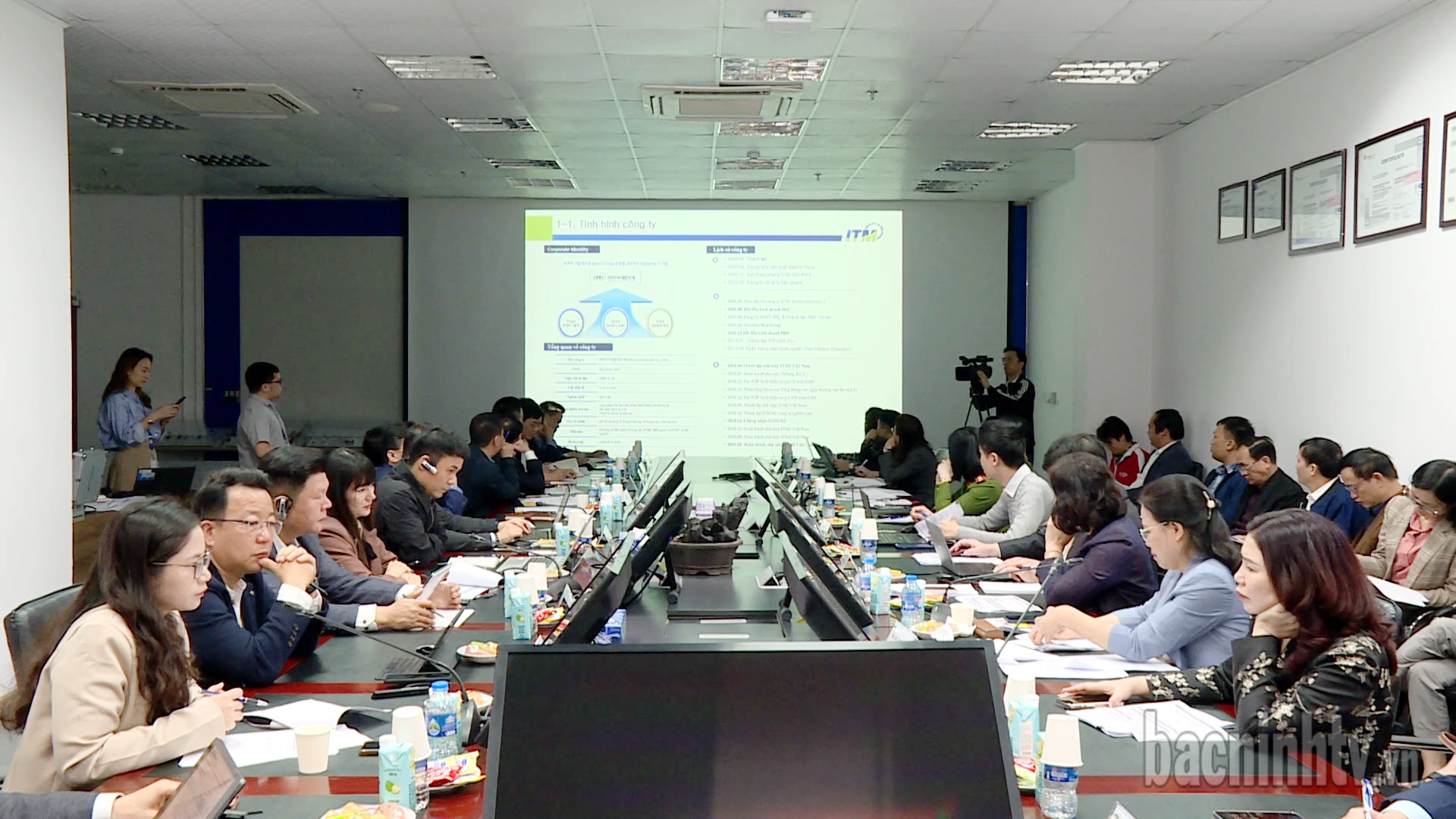














Comment (0)